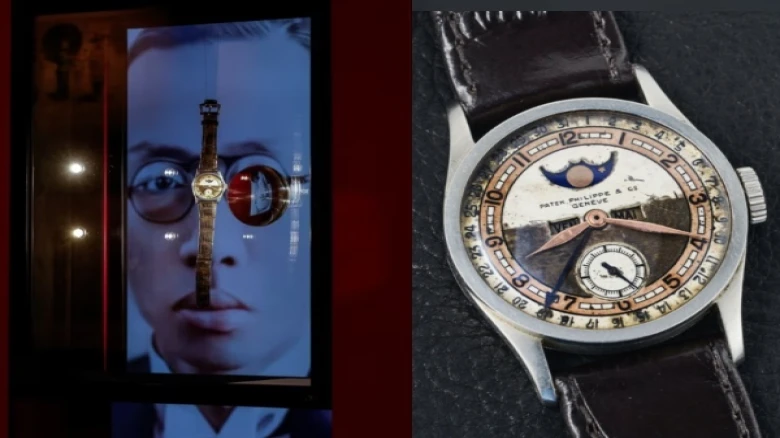Regional

Asian collector in Hong Kong purchased the rare Patek Philippe watch that had belonged to Aisin-Gioro Puyi...
Digital Desk: A watch originally owned by the last emperor of China's Qing Dynasty, whose life inspired the Oscar-winning film The Last Emperor, sold for a record HK$49 million ($6.2 million) at a Hong Kong auction on Tuesday.
According to the auction house, an Asian collector in Hong Kong purchased the rare Patek Philippe watch that had belonged to Aisin-Gioro Puyi over the phone.
The hammer price, excluding the buyer's premium fee, was HK$40 million ($5.1 million).
According to Thomas Perazzi, head of timepieces at auction house Phillips Asia, it is "the highest result" for any emperor's wristwatch.
According to the auction site, it was one of just eight known Patek Philippe Reference 96 Quantieme Lune clocks and was given to Puyi's Russian interpreter when he was imprisoned by the Soviet Union. It greatly outperformed a $3 million pre-sale projection.
Other timepieces owned by rulers and auctioned off include a Patek Philippe clock owned by Ethiopia's last emperor, Haile Selassie, which sold for $2.9 million in 2017.
Also Read : First Bulgarian-written book by Georgi Gospodinov ‘Time Shelter’ wins International Booker Prize 2023
A Rolex watch once owned by Vietnam's last emperor, Bao Dai, won $5 million at auction in 2017.
Puyi, the final emperor of China's Qing dynasty, was born in 1906 and began his reign at the age of two.
After Japan's collapse in World War II in 1945, the Soviet Red Army seized Puyi at China's Shenyang Airport. He was imprisoned in a detention camp in Khabarovsk, Russia, for five years as a war prisoner.
The auction company stated that it spent three years researching the watch's history and verifying its provenance with the help of watch specialists, historians, journalists, and scientists.
The watch was given to Puyi's interpreter Georgy Permyakov on his last day in the Soviet Union, soon before he was sent back to China, according to journalist Russell Working, who interviewed him in 2001.
Leave A Comment